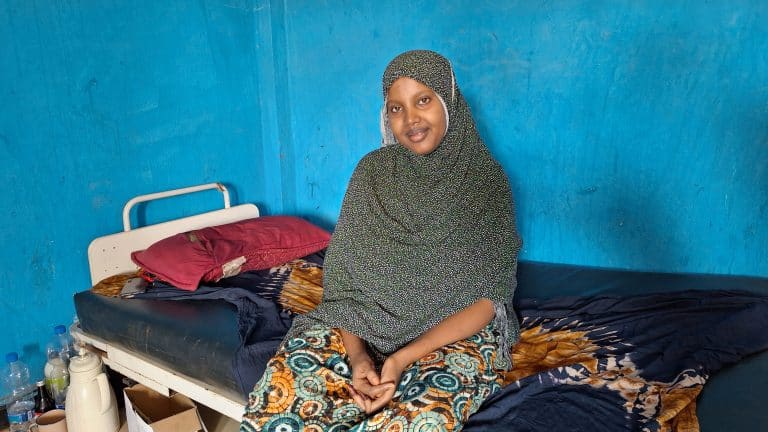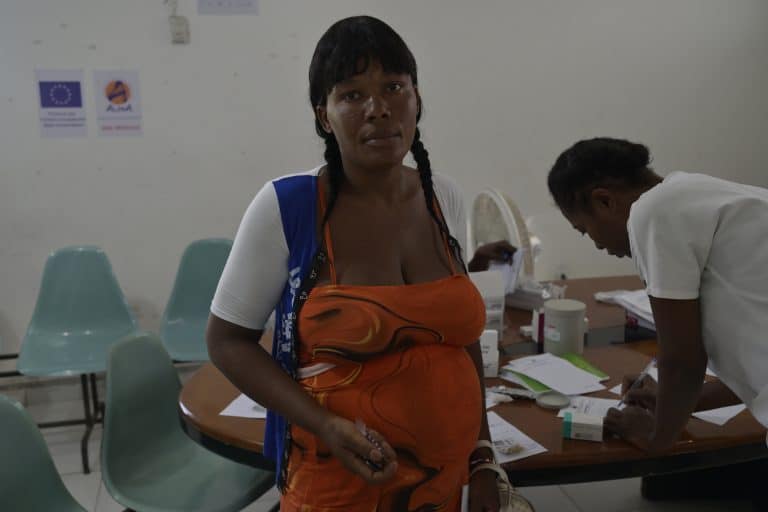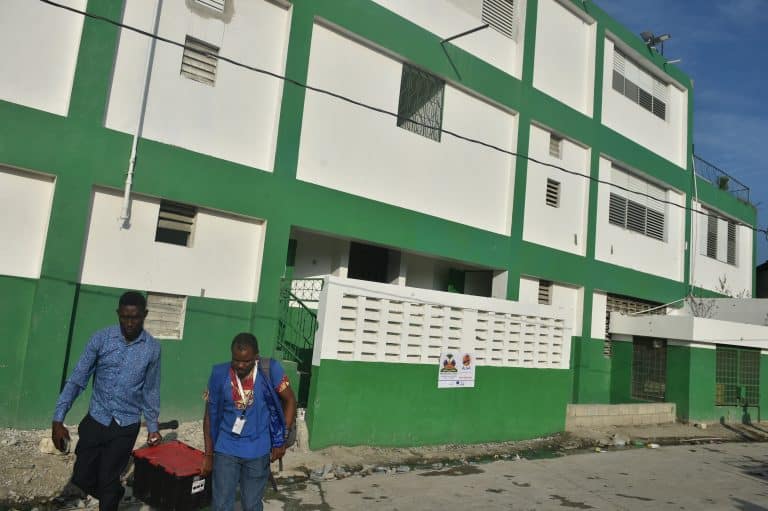Why is the situation in Ethiopia so complex for healthcare workers ?
With a population of 120 million, Ethiopia faces challenges from man-made crises, droughts, and floods that damage livestock, food production, and water availability, exacerbating poverty. In the Somali region, a three-year drought was followed by two floods, submerging roads, homes, and farmlands, polluting water sources, and damaging infrastructure. As a result, many communities have relocated to areas with better access to basic services, water, and livelihoods.
Local healthcare workers had been severely impacted by the prolonged drought, facing harsh living conditions and overwhelming workloads. The region, already understaffed, has struggled to cope with the influx of patients. In response, ALIMA launched a project to support 24 health facilities in the region. Its mission: to provide free medical care to the drought affected communities and support Ethiopian Ministry of Health staff on strengthening their capacity by organizing training on essential health and nutrition topics.
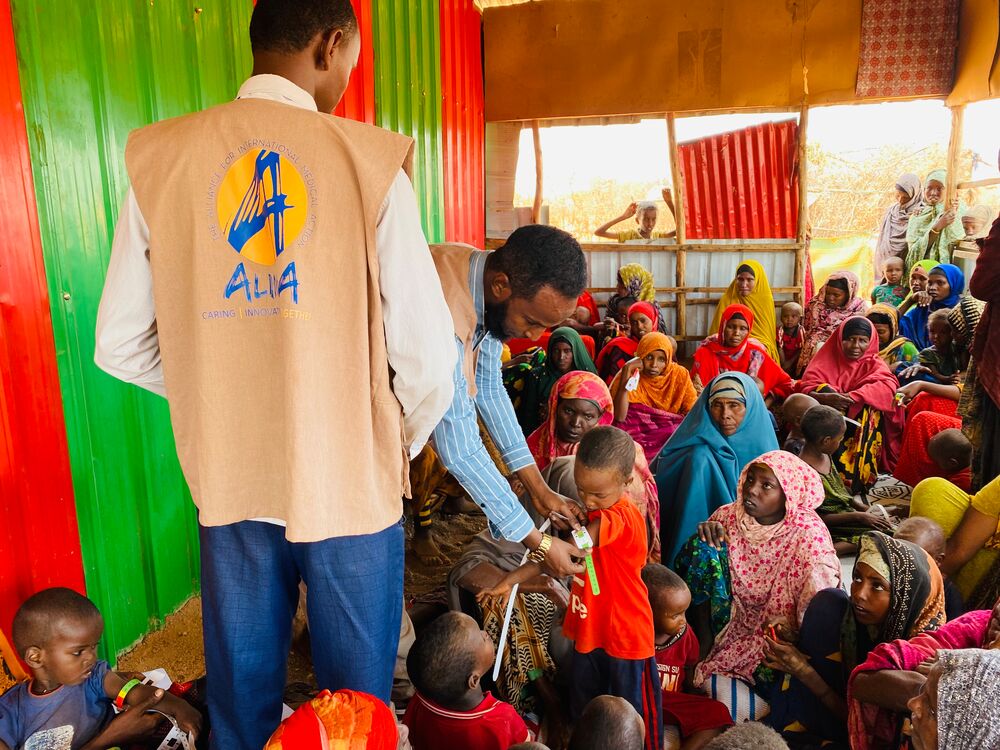
Hargele, Ethiopia July 2024. © ALIMA
What essential training has ALIMA provided to respond to this extreme context ?
The humanitarian goal is to reduce maternal and child morbidity and mortality rates and share our skills with frontline healthcare workers. Specifically, our work has focused on disease prevention awareness and the care of severely ill children. In Ethiopia, as in the other 13 countries where ALIMA works, we support local staff rather than replacing them, thereby strengthening health systems in the long term.
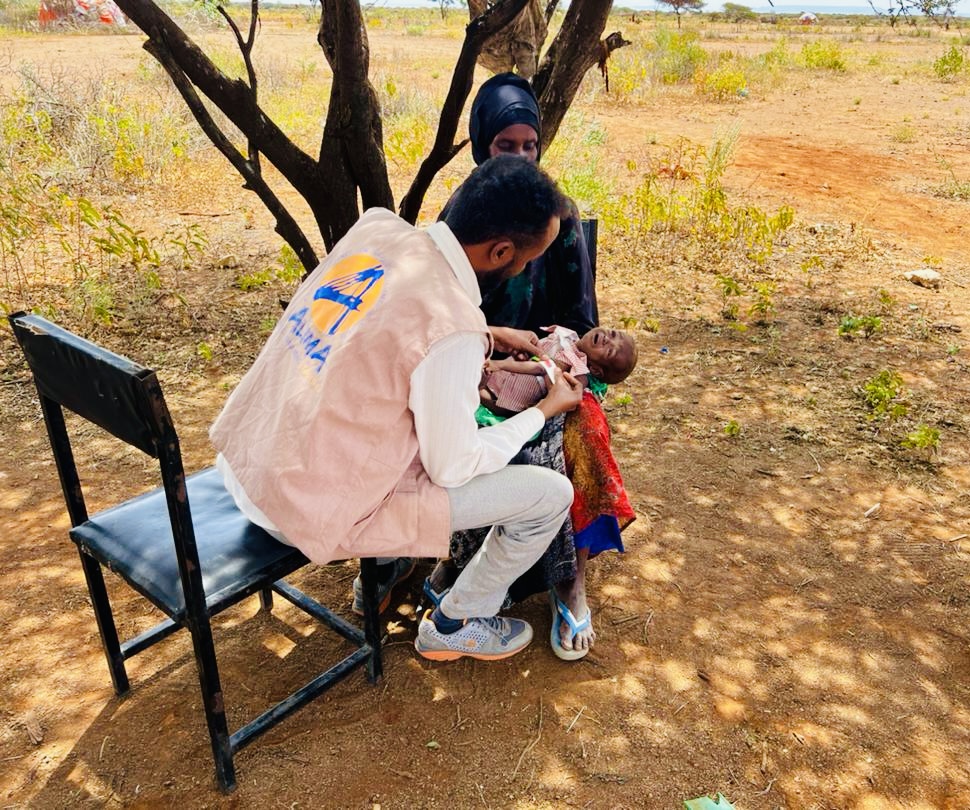
Hargele, Ethiopia July 2024. © ALIMA
In addition to hands-on training, ALIMA has worked alongside the Ethiopian Ministry of Health and specialists to train 94 front-line personnel. The training covered topics such as childhood diseases, infection control, waste management, nursing practices, Community Management of Acute Malnutrition, sexual and reproductive health basics, paediatric life saving, and early detection and management of pregnancy complications.
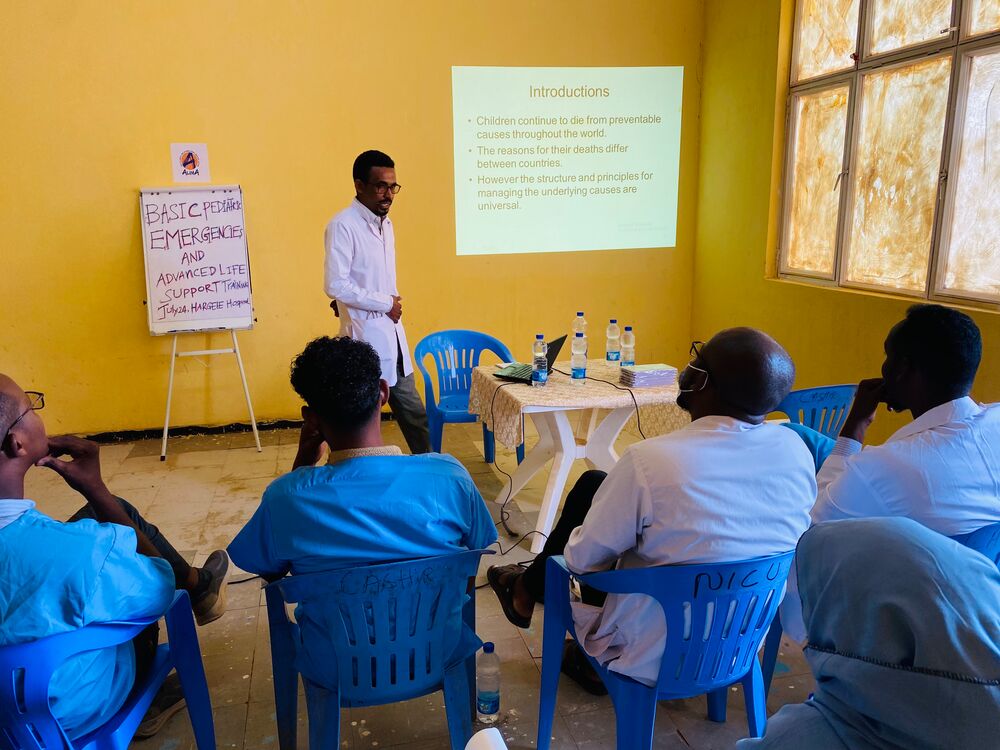
Hargele, Ethiopia July 2024. © ALIMA
What is the impact of this medical capacity-building on the communities ?
The entire healthcare team has been deeply committed to addressing the medical needs of the beneficiaries with great determination, among them Hodan Ali Muhumed , ALIMA’s Sexual and Reproductive Health Manager. She has contributed to improving healthcare services in a severely affected area by training healthcare workers, community volunteers, and registering pregnant women. Her efforts have improved the quality of care and led to a 30% increase in deliveries attended by qualified personnel.
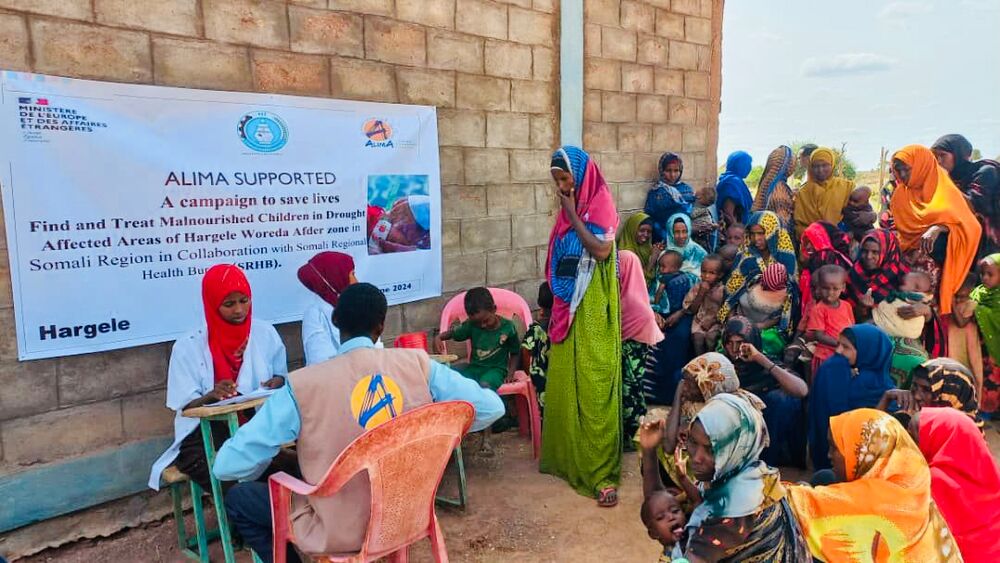
Hargele, Ethiopia July 2024. © ALIMA
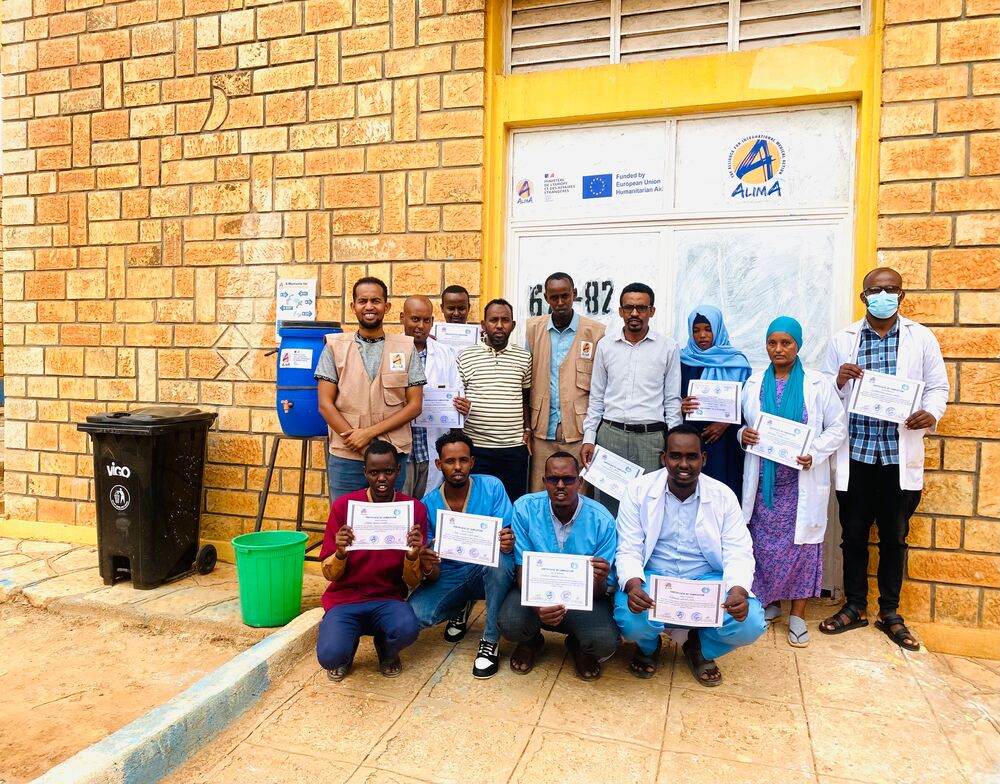
Hargele, Ethiopia July 2024. © ALIMA
Despite the ongoing medical needs, this training program has had a significant positive impact on the quality of care and patient management: 25,454 health consultations, 1,151 hospitalisations, 2,365 live births and 7 944 mothers trained to detect malnutrition themselves. The reorganization of medical services has strengthened healthcare workers’ confidence in treating diseases and has led to better medication management. We are currently working to expand this program to other regions of the country, particularly in Tigray where medical needs are very significant.
This health system strengthening project has been financially supported by the European Civil Protection and Humanitarian Aid Operations (ECHO).
Cover picture : © ALIMA


